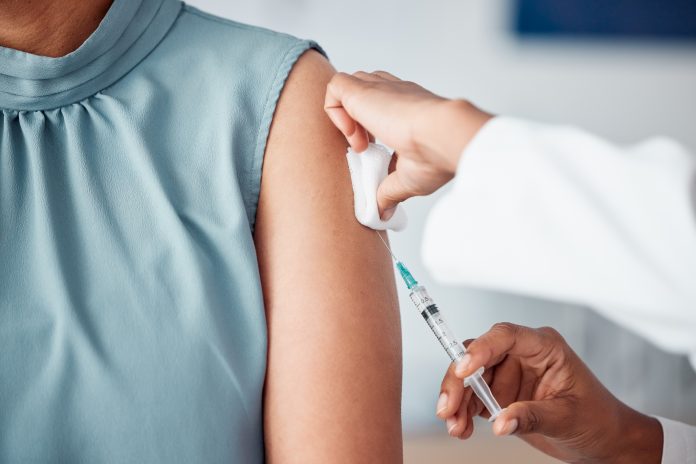The University of Oxford, in partnership with the Coler Lab at Seattle Children’s Research Institute (SCRI), has commenced a new clinical trial called TB-45, which will test tuberculosis (TB) vaccine safety, the first-in-human aerosol mycobacterial challenge infection model
TB is an infection that predominantly affects the lungs and causes symptoms such as a cough, a loss of appetite, weight loss, and exhaustion. To strengthen defences against TB, the Jenner Institute at the University of Oxford is developing a human challenge model to test new TB vaccines.
TB was the leading cause of death from an infectious disease in 2023
The current prevention method is a TB vaccine called Bacillus Calmette-Guérin (BCG), which has remained unchanged for over a century. This vaccine is a weakened form of Mycobacterium bovis, which is very similar to Mycobacterium tuberculosis and is administrated as an injection in the skin at birth in areas with endemic TB.
The BCG is safe for infants. However, it does not provide life-long protection and drugs against this infectious disease are not enough to stop the financial and social burden of TB.
The need for a new TB vaccine is becoming more urgent due to the rise of drug resistance, which makes treatment more complex, and the increased susceptibility and severity of the disease in people co-infected with HIV. These challenges highlight the urgent need for stronger control measures. Vaccination remains the most cost-effective and sustainable strategy, reducing transmission, providing long-term protection, and easing the burden on individuals and healthcare systems. Investing in vaccine development and distribution is crucial for effective disease prevention and control.
First aerosol BCG-challenge model to test a new TB vaccine
A challenge model is employed to test if new vaccines work before more extensive field studies are performed, and historically, this model has been used to test other vaccines, such as malaria.
In this study, the volunteers will be given BCG as a representative mycobacterium aerosol challenge, as it would not be ethical to provide study participants with live Mycobacterium tuberculosis. The researchers will give 24 volunteers the new TB vaccine called ID93+GLA-SE, and 24 will receive no vaccine.
The volunteers will then be challenged with BCG to assess the immune response to the new TB vaccine after an aerosol mycobacterial challenge. Following this, all volunteers will undergo a medical procedure to obtain lung samples 14 days after infection to see if BCG remains in their airways.
The results imply whether the vaccine will likely be successful against TB and whether it should be field-tested for further confirmation.
Professor Helen McShane, Professor of Vaccinology at Oxford’s Jenner Institute, explains: “The only vaccine we currently have against TB is the BCG, which unfortunately is not very effective against lung TB. We are looking at ways to deliver vaccines to the cells that will first encounter TB bacteria, and this trial should give us important information about how our lungs respond to the early stages of infection. It will also be vitally important in developing inhaled vaccines, which could be a much more effective way of protecting against many respiratory illnesses.”








